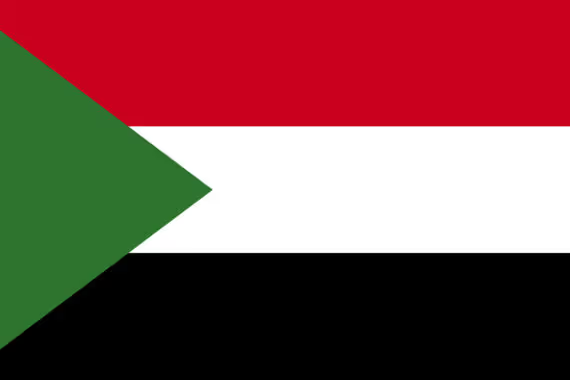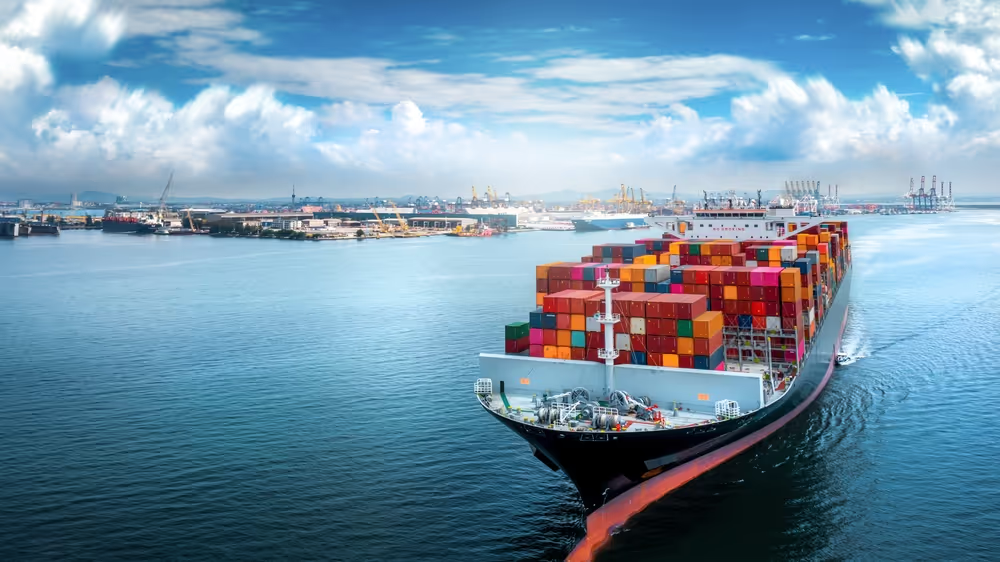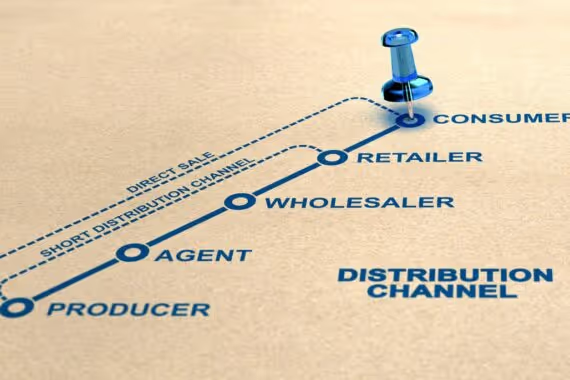US Executive Departments Issue Joint Sudan Business Advisory

The U.S. Departments of State, Treasury, Commerce, and Labor on May 23 issued an advisory for US businesses operating in Sudan, highlighting the growing risk to US businesses and individuals associated with conducting business with Sudanese State-Owned Enterprises (SOE), which are entirely controlled by Sudan’s military following its seizure of power on October 25, 2021.
Businesses and individuals operating in Sudan should undertake increased due diligence related to human rights issues and be aware of the potential reputational risk of conducting business or transactions with SOEs. U.S. businesses and individuals should also avoid interaction with any persons on the List of Specially Designated Nationals and Blocked Persons (SDN List) issued by the Department of the Treasury’s Office of Foreign Assets Controls (OFAC).
Legal background
As of December 14, 2020, Sudan is no longer a designated State Sponsor of Terrorism. Therefore, the prohibitions of the Terrorism List Governments Sanctions Regulation (31 C.F.R. part 596), and the Trade Sanctions Reform and Export Enhancement Act of 2000 (22 U.S.C. § 7205 (a)(1)) no longer apply to Sudan. This follows a period during the end of the Obama Administration and the early part of the Trump Administration whereby sanctions against Sudan were drastically reduced.
However, President Biden warned on October 28, 2021, that the military takeover of the government threatened Sudan’s positive transition toward democracy since 2019. Accordingly, Executive Order (E.O.) 13067 of November 3, 1997, and the expansion of that emergency in Executive Order (E.O.) 13400 of April 26, 2006, will continue in effect. Except to the extent provided in the International Emergency Economic Powers Act (IEEPA) (50 U.S.C. 1702(b)), E.O. 13067 and E.O. 13400 block all property and interests in property of the Government of Sudan and any person or entity determined by the Secretary of Treasury that poses a threat to the peace in the region. Moreover, E.O. 13818 of December 20, 2017, blocks the property of persons involved in serious human rights abuse and corruption. A number of entities in Sudan and South Sudan are designated on OFAC’s List of Specially Designated Nationals and Blocked Persons (the “SDN List’).
As of May 25, 2022, any violation of the aforementioned prohibition will face civil penalties or criminal penalties. Civil penalties are capped at $250,000 or twice the amount of the transaction found to have violated the law. Criminal penalties include a fine of up to $1 million and imprisonment of up to 20 years.
Heightened Risk and Due Diligence
Businesses operating in Sudan should be keenly aware of ongoing human rights abuses and related issues in order to avoid penalties for conducting operations in the area. Businesses engaged in public and private security should implement initiatives, such as Voluntary Principles on Security and Human Rights (VPI), to operate in a manner that safeguards the fundamental freedoms of the employees. Businesses that hire private securities are encouraged to contract with the International Code of Conduct for Private Security Providers’ Association (ICoCA) affiliated companies.
Businesses operating in compliance with the U.S. sanctions should still consider the economic instability in Sudan, as the military-controlled regime is ill-equipped to implement necessary legal and fiscal reforms to combat rising poverty and inflation rates. Sudan’s current commercial code provides limited legal mechanisms to enforce contracts, secure assets and collateral, mitigate and resolve disputes, or combat corruption.
This heightened risk might expose U.S. persons to potential civil or criminal liability. For example, gold from Sudan is listed by the U.S. Department of Labor as a good produced with child labor. The United Nations Panel of Experts for Sudan also found that many gold mines in Darfur are under the Rapid Support Forces (RSF) control, which smuggles most of this gold outside of the country to be sold in foreign markets. Other labor and human rights concerns have also been documented at the mine site in Blue Nile State and the country’s northern states.
Furthermore, military equipment companies should determine whether potential exemption applies before operating in Sudan, as the UN arms embargo implemented by the U.S. Government in the International Traffic in Arms Regulations (ITAR) remains in effect. The UN arms embargo on the supply of arms and related material and technical training or assistance concerning actors operating in Darfur denies licenses or other approvals for exports or imports of defense articles and defense services destined for or originating in Sudan.
There also could be diversion risks for doing business that originates elsewhere but extends to Sudan. Compliance measures should be fine-tuned with this risk, and businesses in pertinent sectors should be increasingly mindful of their supply chain management. For example, Section 307 of the Tariff Act of 1930 prohibits importation of any product that was mined, produced, or manufactured by forced labor, including child labor. This prohibition is enforced by U.S. Customs and Border Protection (CBP), but under 19 CFR § 12.42 any person outside of CBP can report to the Commissioner of CBP any merchandise which he or she reasonably believes was produced by forced child labor, thereby furnishing grounds for CBP to initiate investigations into the underlying merchandise. This “external” reporting mechanism has major environmental, social and governance (ESG) implications for businesses operating in Sudan or supply chains passing through Sudan, as their merchandise could be subject to scrutiny by individuals other than federal regulators. Corporations and business owners should be on the lookout for any human rights violations involving forced child labor to ensure that their operations comply with Sudan-related regulations.
Special thanks to Summer Associates Xander Peng and Jay Hyun Kim for their help on this alert.

.avif)







